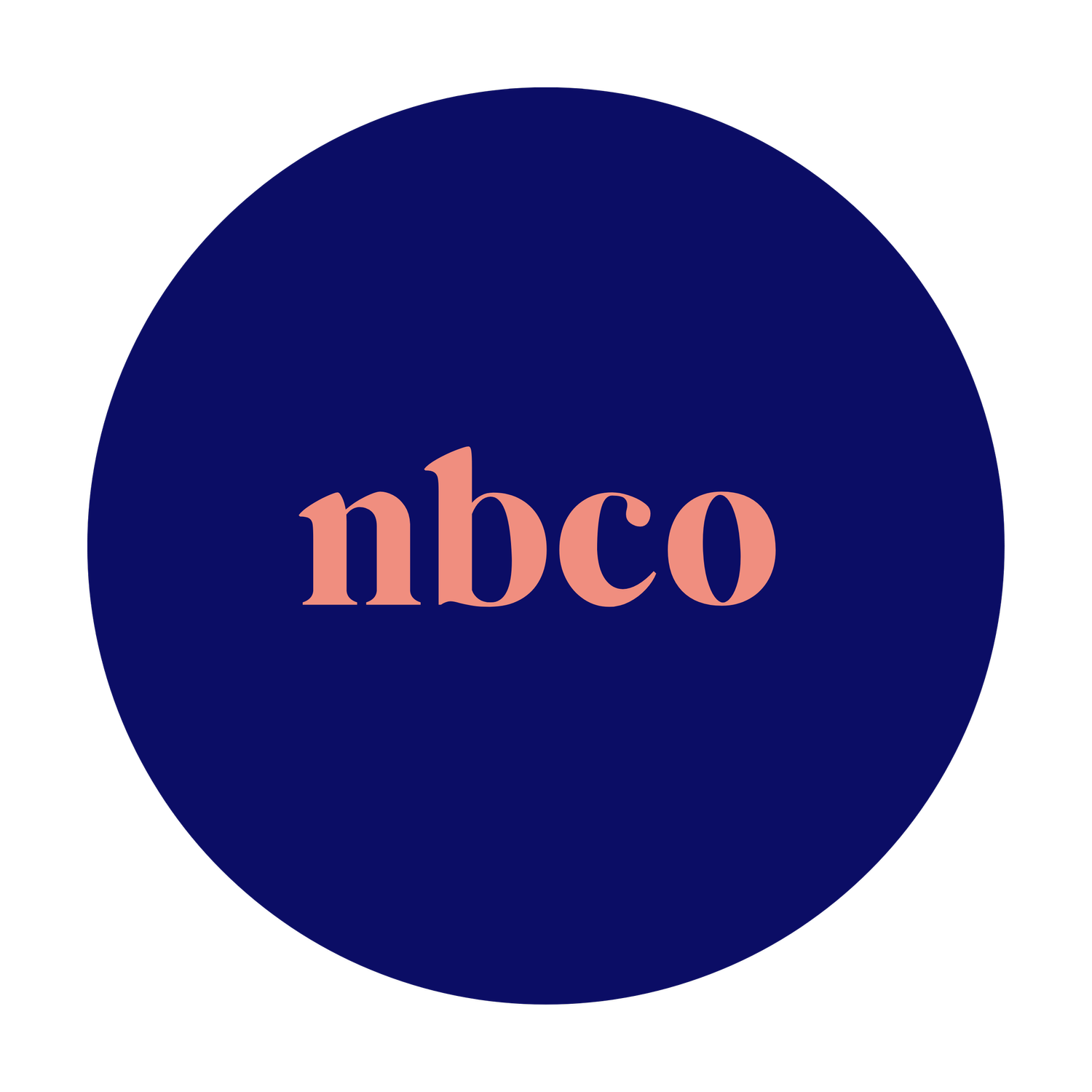The Chinese Postnatal Tradition of “Sitting the Month”
Our postpartum doulas and newborn care specialists have the opportunity to witness a variety of postpartum traditions for many different cultures. Our favorite postpartum tradition is the practice of “sitting the month,” also called Chinese postnatal confinement or “zuò yuè zǐ” (坐月子). Deeply rooted in Chinese culture, zuò yuè zǐ is mentioned in the 2000-year-old text I-Ching or Book of Changes.
What is Zuò Yuè Zǐ?
The Chinese practice of “sitting the month” is precisely that, a month of sitting (and lying down) after your baby is born. Methods vary based on where the family originates, but the basic principles remain the same and include:
avoiding strenuous activity
staying indoors
eating specific foods to balance the body
avoiding washing
When assisting Chinese American families practicing zuò yuè zǐ, we have seen just how beneficial (and sometimes tedious and frustrating) “sitting the month” can be. A new mother spends nine months nourishing her baby and endures the strenuous work of giving birth. It’s only logical that an extended period of rest should follow for optimal recovery. The new father and grandparents often assist with infant care, allowing them to bond with the baby without disrupting the breastfeeding relationship.
Professional Support for Sitting the Month
Chinese American families with a new baby may also choose to hire a postpartum doula, a newborn care specialist, or Yue Sao, a postpartum caregiver specializing in supporting families practicing Zuò yuè zǐ. Each type of caregiver can offer breastfeeding support, infant care and postpartum recovery assistance, household duties, care of older children, and food preparation.
Placenta Encapsulation
Families who require postpartum doula support for zuò yuè zǐ may also choose to have the placenta prepared for consumption. Many postpartum doulas also provide placenta encapsulation services. Placenta consumption has roots in Chinese culture. Traditional Chinese Medicine inspires some preparation methods. In theory, the placenta is a warming herb, and the postpartum body in a cool state. By ingesting the properly prepared placenta capsules, the new parent restores balance to their body.
A Beautiful Postpartum Tradition
We always love seeing how sweetly partners and grandparents care for new parents who are “sitting the month.” The family often brings food, handles all diaper changes and infant care, and brings a baby to the mother for cuddling and breastfeeding.
The transition that zuò yuè zǐ facilitates is beautiful. The postpartum time is one for recovery. The new parent’s body is to be honored, healed, and replenished. The pressure to recover too quickly can lead to postpartum depression or other postpartum mood disorders and possible long-term health complications.
Incorporating the Concepts of Zuò Yuè Zǐ into Your Postpartum Experience
You can incorporate the concepts of zuò yuè zǐ into your postpartum recovery by:
limiting strenuous activities
keeping your body warm
eating warm and nourishing foods
enlisting postpartum support from a doula and your family
Our postpartum doulas and newborn care specialists are prepared to learn about your family’s customs and help to facilitate them. We have the unique ability to help you follow through with the family traditions you treasure and also the flexibility to support your personal or modernized interpretation. Contact us to learn more about how a postpartum doula or newborn care specialist can make “sitting the month” a rejuvenating experience for your family.
